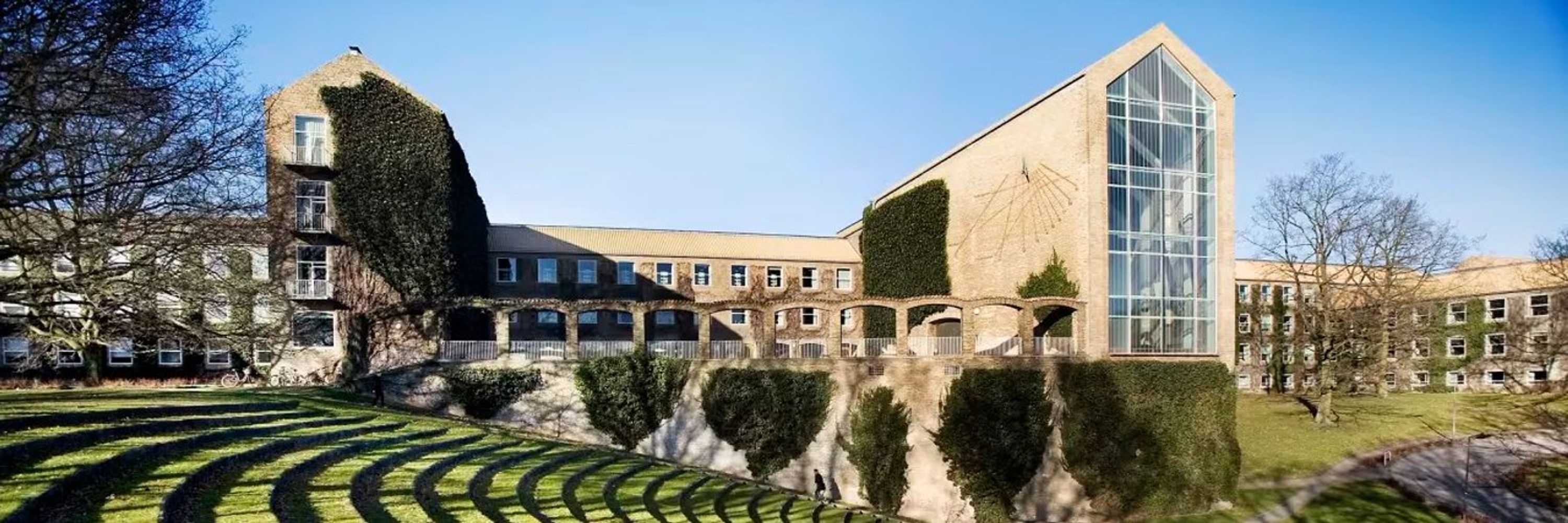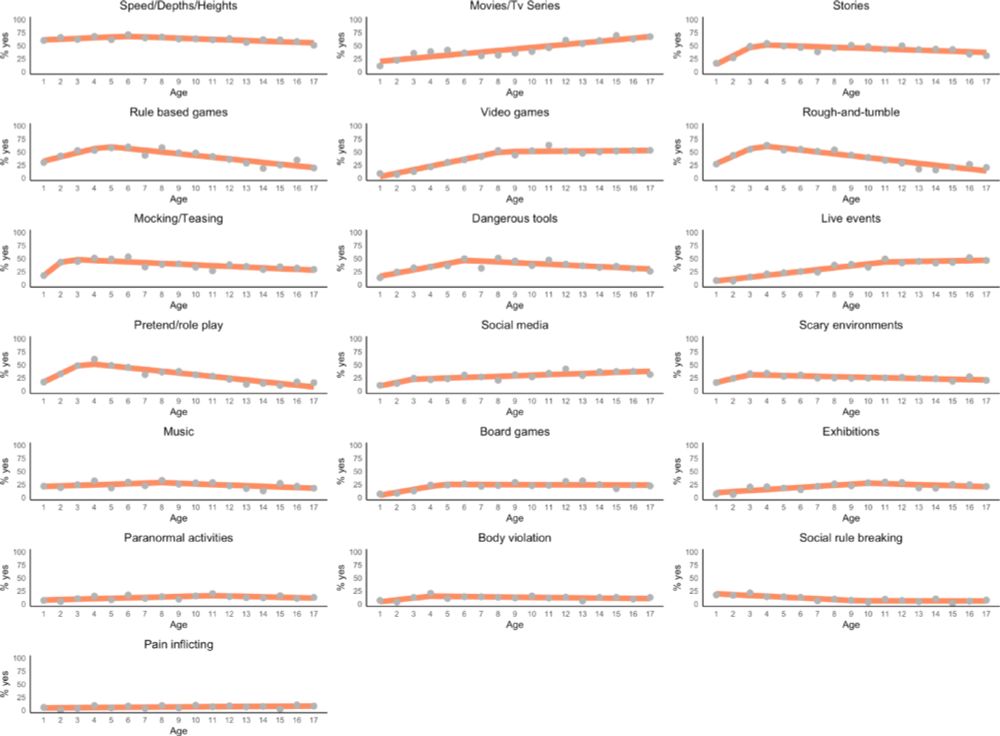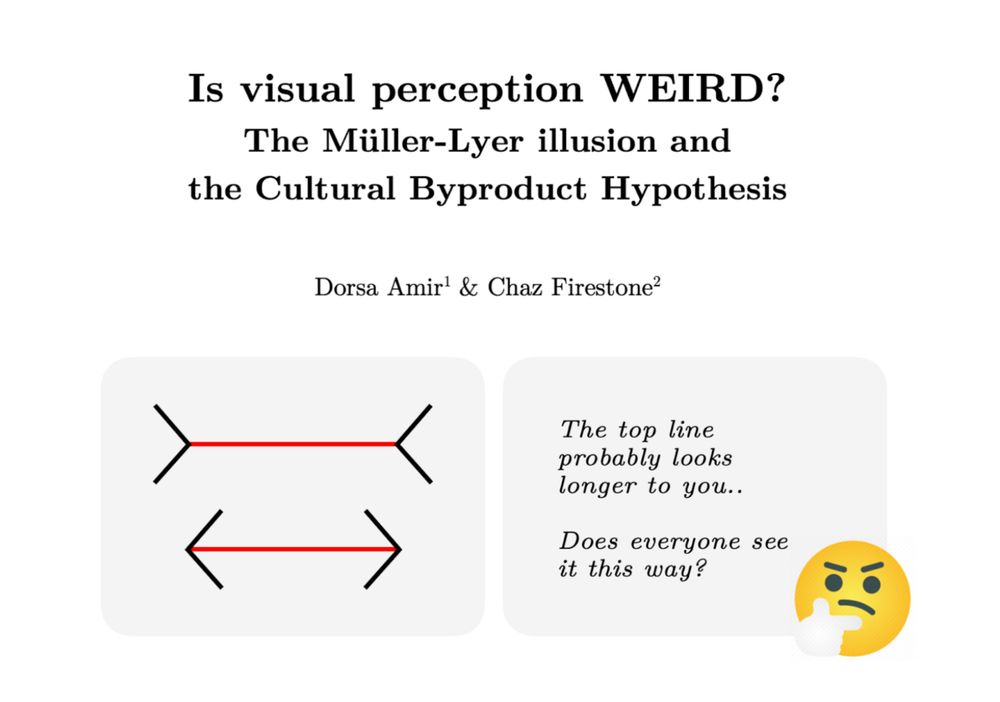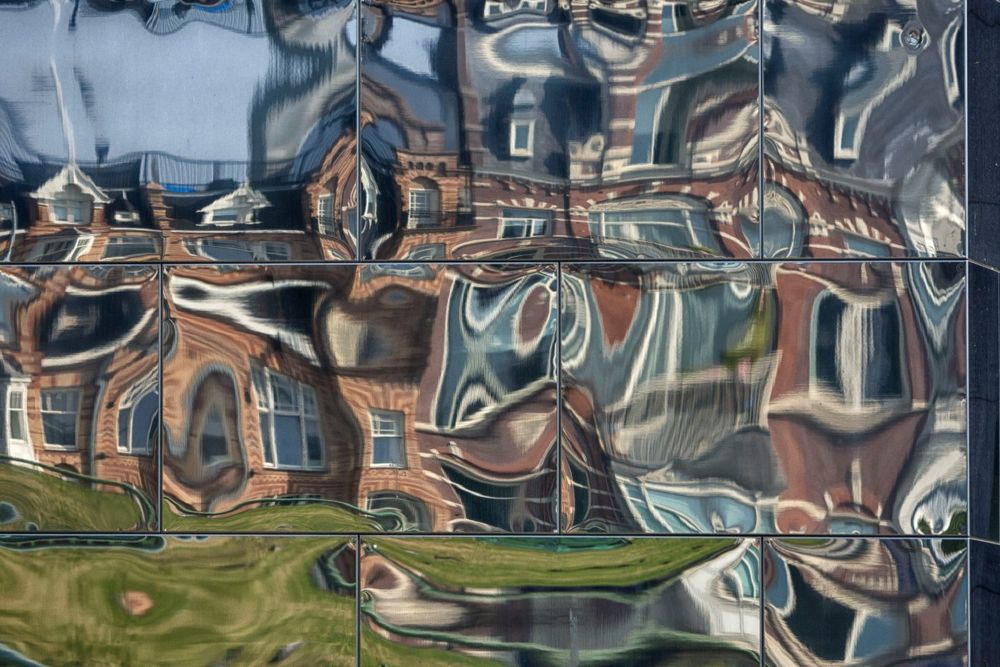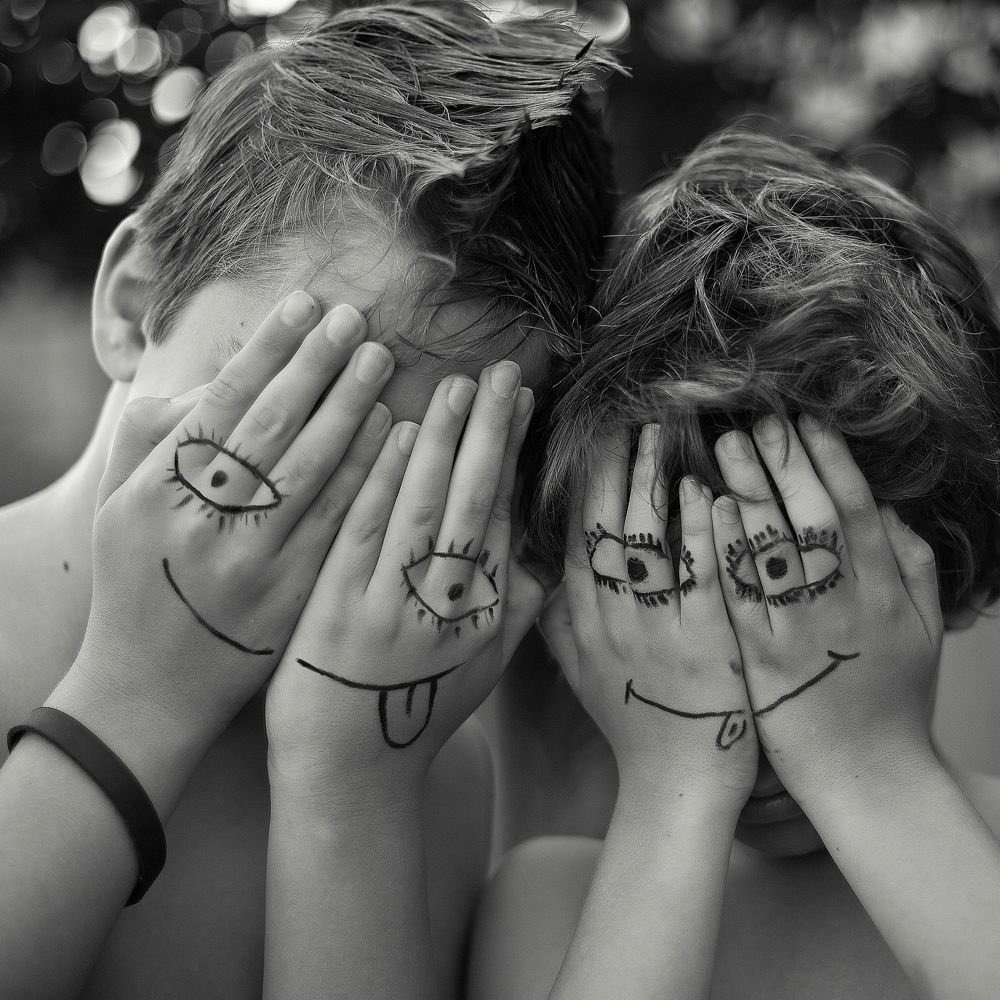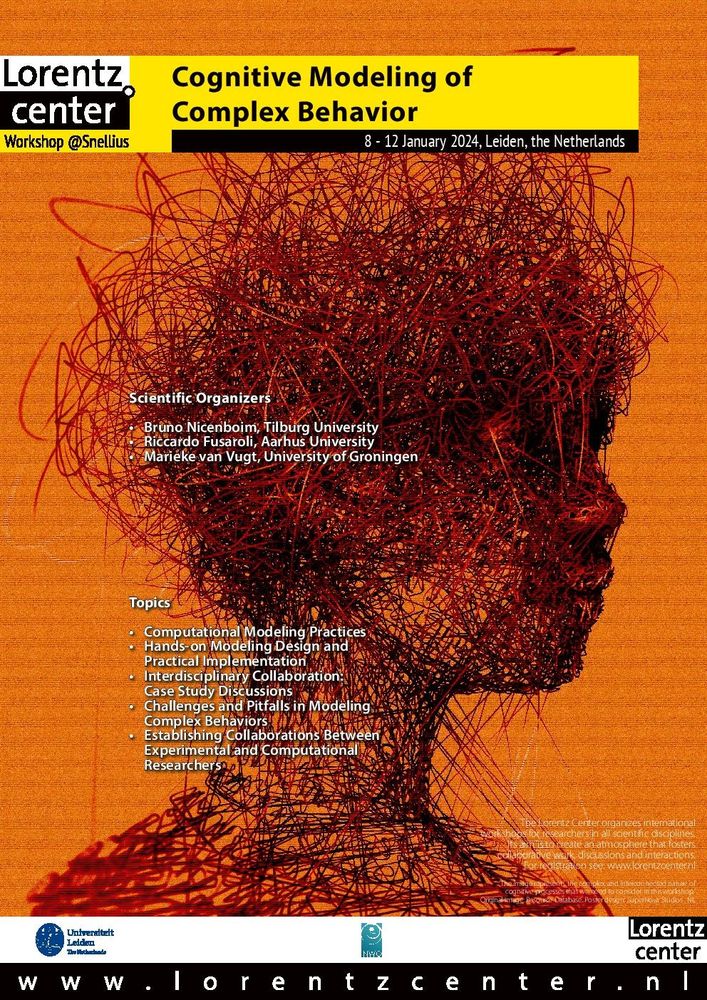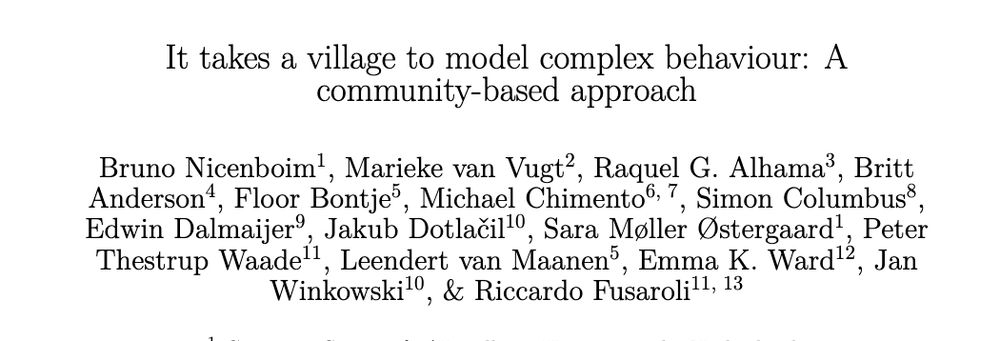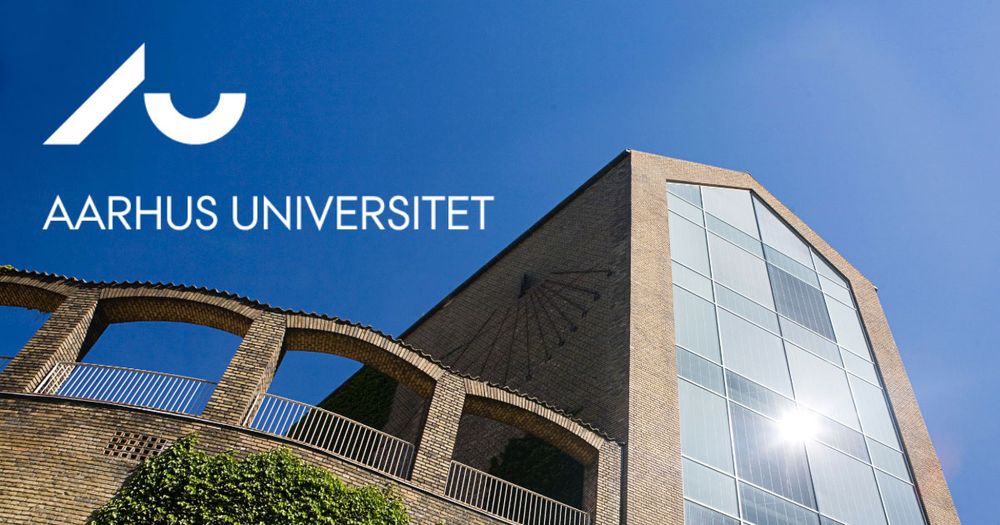Marc Malmdorf Andersen
@ndersen.bsky.social
280 followers
600 following
14 posts
Cognitive scientist, associate professor at Aarhus University.
Predictive Processing, Emotion, Play, Recreational Fear, Cognitive Development.
Posts
Media
Videos
Starter Packs
Reposted by Marc Malmdorf Andersen
Reposted by Marc Malmdorf Andersen
Reposted by Marc Malmdorf Andersen
Reposted by Marc Malmdorf Andersen
Reposted by Marc Malmdorf Andersen
Reposted by Marc Malmdorf Andersen
Reposted by Marc Malmdorf Andersen
Tess Forest
@tessforest.bsky.social
· Aug 6
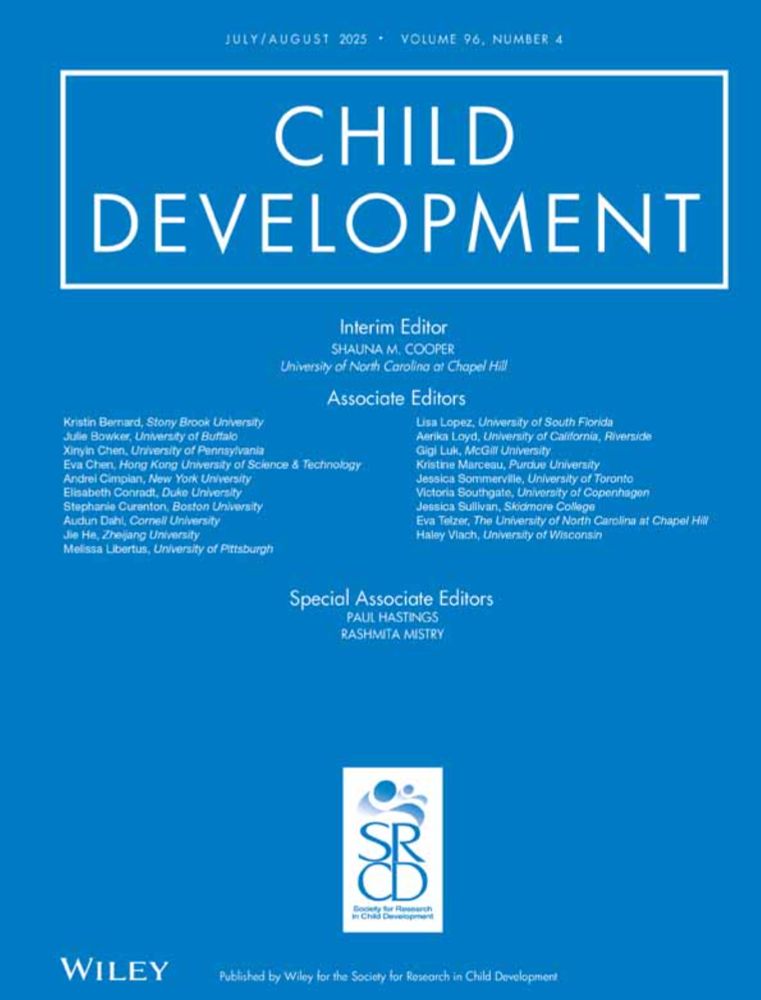
<em>Child Development</em> | SRCD Journal | Wiley Online Library
Cognitive development is associated with how predictable caregivers are, but the mechanisms driving this are unclear. One possibility is caregiver predictability initially shapes how infants gather i...
srcd.onlinelibrary.wiley.com
Reposted by Marc Malmdorf Andersen
Dorsa Amir
@dorsaamir.bsky.social
· Jul 19
Reposted by Marc Malmdorf Andersen
